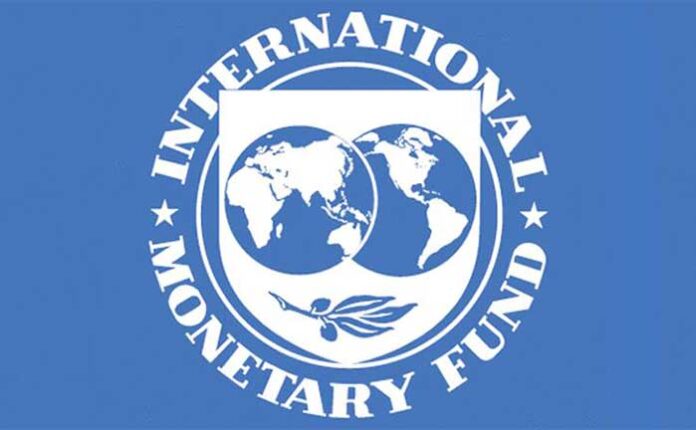Late on Thursday (October 19), the International Monetary Fund (IMF) announced that its staff had reached a staff-level agreement with the Sri Lankan authorities on economic policies, marking a significant step toward concluding the first review of the 48-month Extended Fund Facility (EFF)-supported program.
Once the review is approved by the IMF Management and IMF Executive Board, Sri Lanka will gain access to SDR 254 million, equivalent to approximately US$330 million in financing.
In their statement, IMF Senior Mission Chief for Sri Lanka, Mr. Peter Breuer, and Deputy Mission Chief, Ms. Katsiaryna Svirydzenka, highlighted the commitment of Sri Lankan authorities to the ambitious reform agenda under the EFF. They commended the progress made, including disinflation and fiscal adjustment efforts, though some targets were still to be met.
The IMF report also acknowledged tentative signs of stabilization in the Sri Lankan economy, such as reduced inflation, increased international reserves, and easing essential goods shortages. However, full economic recovery remained uncertain, and the country’s external position had weakened due to prolonged debt restructuring discussions.
The statement emphasized the need for a swift resolution to the debt restructuring issue to restore confidence in the Sri Lankan business environment and external financing.
Sustaining reform momentum was deemed crucial for long-term economic recovery and inclusive growth. The authorities were praised for their commitment to improving governance and increasing revenues through tax measures and administration, along with efforts to eliminate tax evasion.
The IMF team stressed the importance of maintaining cost recovery in fuel and electricity pricing to mitigate fiscal risks related to state-owned enterprises. They also underlined the need to strengthen the social safety net to protect vulnerable populations.
The report concluded with a call for official creditors to reach an agreement on debt treatment consistent with IMF program parameters and debt targets. Delays in this process could further worsen Sri Lanka’s economic outlook and hinder its return to sustainable growth.
Furthermore, the authorities’ commitment to implementing recommendations from the Governance Diagnostic Report was recognized as a positive step in addressing corruption risks and strengthening accountability.
The IMF team expressed gratitude for the collaborative efforts and constructive discussions held with Sri Lankan authorities and various stakeholders during their mission.

